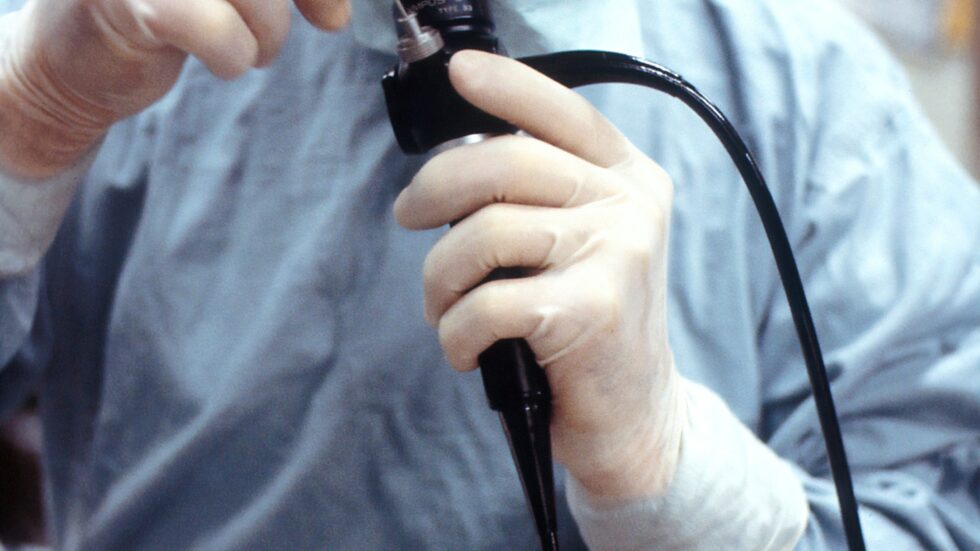Maintaining good health is a priority for individuals of all ages and backgrounds. Regular health screenings play a crucial role in detecting potential health issues early on, allowing for timely intervention and improved outcomes. While general health screening guidelines apply to boys and men, it’s important to recognize that certain health conditions and risks can vary by ethnicity and race. In this article, we will explore the recommended health screenings for boys and men in the United States, with a focus on nuances related to ethnicity and race.
Screenings for All Boys and Men
Several health screenings are universally recommended for boys and men, regardless of their ethnicity or race. These include:
- Blood Pressure: Regular blood pressure checks starting at age 18. Monitoring blood pressure helps identify hypertension, a significant risk factor for cardiovascular disease.
- Cholesterol Levels: Regular screening for cholesterol levels starting at age 20. Elevated cholesterol levels are associated with an increased risk of heart disease, which affects people of all ethnicities and races.
- Body Mass Index (BMI): Regular assessment of BMI to monitor weight and identify potential obesity or overweight issues. Maintaining a healthy weight is important for overall health and can help reduce the risk of various chronic diseases.
- Diabetes Screening: Starting at age 45, men should be screened for diabetes every three years. However, the risk of type 2 diabetes can vary among different ethnic and racial groups.
- Prostate Cancer: Men should start PSA screening according to the AUA annually at age 50 or sooner if family history or based on ethnicity/race.
- Testicular Cancer: Testicular Self Exams are recommended for young men, especially those ages 15-35.
Screenings by Ethnicity and Race:
In addition to the general screenings mentioned above, there are certain considerations to be aware of based on specific ethnic or racial backgrounds:
African American Men
- Prostate Cancer: African American men have a higher risk of developing prostate cancer and may consider discussing prostate cancer screening with their healthcare provider at an earlier age (around 45) and with increased frequency.
Hispanic/Latino Men
- Diabetes: Hispanic/Latino men have a higher risk of developing type 2 diabetes. Regular screenings for diabetes may start at an earlier age (around 25) and be more frequent.
Asian American Men
- Hepatitis B: Asian American men have a higher prevalence of chronic hepatitis B infection. Screening for hepatitis B may be recommended, particularly if born in a region with high rates of infection.
Native American Men
- Cardiovascular Disease: Native American men have a higher risk of cardiovascular disease. Regular screenings for blood pressure, cholesterol, and diabetes may be recommended at an earlier age.
While routine health screenings serve as important preventive measures for boys and men, it is crucial to consider nuances related to ethnicity and race. Certain health conditions and risks can disproportionately affect specific ethnic and racial groups. By understanding and addressing these nuances, healthcare providers can offer more tailored recommendations for screenings and interventions, ultimately promoting better health outcomes for boys and men across diverse backgrounds. Remember to consult with a healthcare professional to determine the specific screenings that are appropriate for your age, medical history, and individual risk factors.
Photo by MART PRODUCTION



